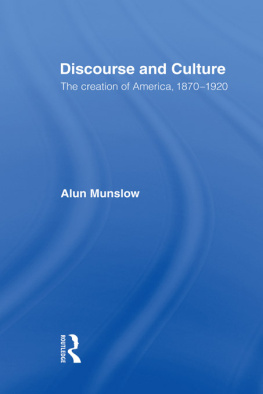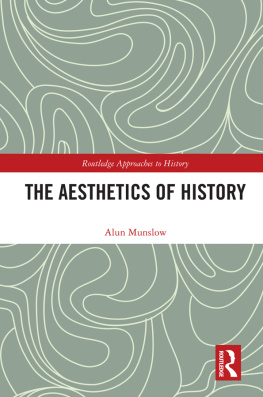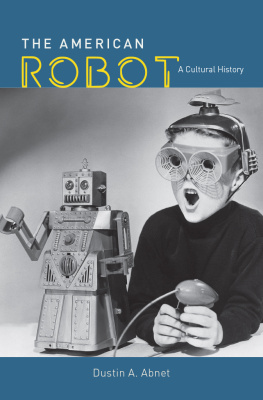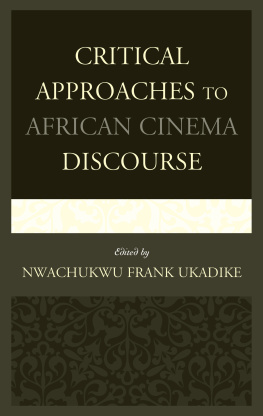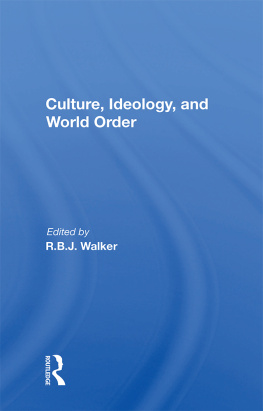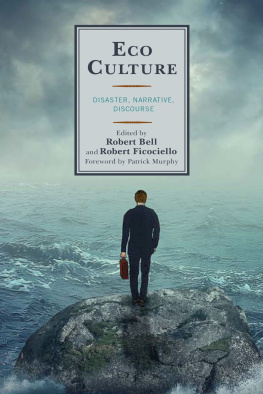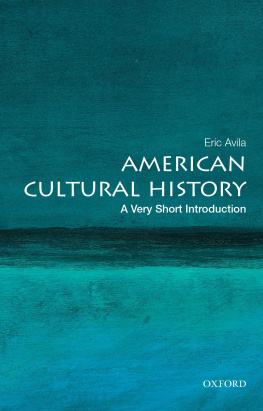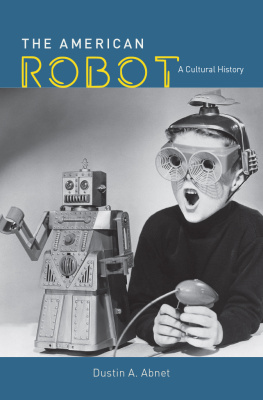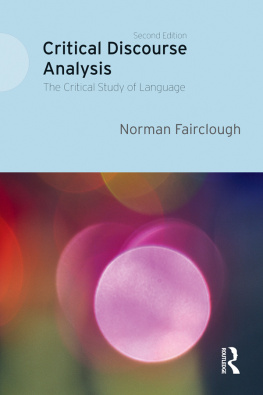Discourse and Culture
Written history is a cultural and literary artefact. Taking this as its starting-point, Discourse and Culture argues that the Foucaldian concept of a shifting scale of linguistic and historic values must be the central focus for a new interpretation of American culture and ideology. Six major American historical figures are evaluated as products of the conflict between subordinate and dominant influences in American society: steelmaster Andrew Carnegie, labour leader Terence V. Powderly, historian of the West Frederick J. Turner, social reconstructionist Jane Addams, race leader Booker T. Washington, and black nationalist W.E.B. Du Bois.
Discourse and Culture reassesses the relationship between ideology and cultural formation by asking if cultural change can be explained as a function of discourse. The book draws upon the ideas of Althusser, Gramsci and Hayden White to address this issue which lies at the very heart of contemporary debate on the character of cultural history. It is the first full-length treatment of the idea of history as a cultural and literary artefact within the American historical context, challenging traditional academic methodology in the humanities and offering a fresh and wholly original examination of the public discourse of six influential American citizens.
Alun Munslow is Lecturer in American History and American Studies in the School of Arts, Staffordshire University.
First published 1992
by Routledge
2 Park Square, Milton Park, Abingdon, Oxon, OX14 4RN
Simultaneously published in the USA and Canada
by Routledge
270 Madison Ave, New York NY 10016
Transferred to Digital Printing 2009
1992 Alun Munslow
Typeset in 10 on 12 point Garamond by
Intype, London
All rights reserved. No part of this book may be reprinted or reproduced or utilized in any form or by any electronic, mechanical, or other means, now known or hereafter invented, including photocopying and recording, or in any information storage or retrieval system, without permission in writing from the publishers.
British Library Cataloguing in Publication Data
Munslow, Alun
Discourse and culture: the creation of America 1870-1920.
I. Title
973.8
Library of Congress Cataloging-in-Publication Data
Munslow, Alun
Discourse and culture: the creation of America, 1870-1920 / Alun Munslow.
p. cm.
Includes bibliographical references and index.
1. United States Social conditions 18651918. 2. Social reformersUnited StatesHistory. 3. CulturePhilosophy. 4. Discourse analysis. I. Title.
HN57.M8 1992
306.0973dc20 9146120
ISBN10: 041508234X (hbk)
ISBN10: 0415553032 (pbk)
ISBN13: 9780415082341 (hbk)
ISBN13: 9780415553032 (pbk)
Publishers Note
The publisher has gone to great lengths to ensure the quality of this reprint but points out that some imperfections in the original may be apparent.
For Jane
Contents
Chapter 1
Discourse and culture
The process of cultural formation in America, 18701920
The purpose of this book is to examine the role of discourse in the formation of American culture between 1870 and 1920. With reference to six significant historical figures the object is to characterise the deep structure of the American republican social and political imagination through a model derived from our knowledge of narrative structures. As an exercise in the new cultural history it is written at a time when historians are beginning to acknowledge that their enterprise is structured as much by its written form as by its content. As a consequence a new understanding of the historical imagination is being gained.
This new cultural history acknowledges that cultural change may be explained in part as a function of discourse. The explanations for American cultural formation in the late nineteenth-century are to be derived not only from the examination of the evidence of factory life and urban living conditions, but also from the analysis of the discourse of dominant and subordinate groups represented in the voices of class, race and gender.
That language and its figurative character is a material force that shapes lived experience has long been recognised. In American historiography Herbert Gutmans studies of black slaves and industrial workers have, for example, revealed how their widely different worlds were constituted by their sermons, speeches, songs and pamphlets. Meaning or significance in any given culture is not, therefore, a simple reflection of its economic foundation, but is, rather, a linguistic mediation. Recent work in literary theory on the way texts or discourses are produced can be usefully employed by historians not only in reassessing the nature of their discipline, but also in the task of reconstructing how cultures develop a collective imagination, explicable as narrative forms.
The basis for a narrative model of cultural formation is provided by the American formalist critic of history Hayden White as suggested by Foucaults notion of the episteme. Because cultural formation involves conflict between competing social groups French cultural critic Michel Foucault also suggests the meaning of that struggle is constituted through and in language. In Foucaults view each age possesses its own episteme, or manner of acquiring and using knowledge based upon the structure of figuration, which is the process of noting similarities and differences between objects. What Foucault suggests is the existence of domains of knowledge that legitimise the different modes of discourse within which the human sciences (discourses) can be elaborated. In Foucaults history each epoch represents the colonisation of events, people and things by different linguistic protocols each of which constitute a different episteme as mediated in its many constituent discourses. In his exegesis of Foucault, Hayden White The end result is the notion of a tropically shaped social and political imagination.
In Madness and Civilisation Foucault describes how ways of relating to deviancy reflected this deeper linguistic structure for ordering all things in society, through a shift from resemblance to difference. In the sixteenth-century the dominant mode of discourse was metaphoric given the general desire to find resemblance in different things so the human sciences were dominated by similitude, analogy and agreement. This search for similarity eventually revealed the extent of the differences between objects and things, leading to the abandonment of discourse founded as Foucault says on the paradigm of resemblance. In the seventeenth and eighteenth centuries the dominant mode of discourse was represented through categories of serial arrangement and order, and of contiguity cast in the trope of metonymy as the comprehension of discontinuity. Hence the treatment of the insane as dangerous opposites of a presumed normalcy. Foucault has attempted to demonstrate how the reform of their treatment in the nineteenth-century was influenced by a third mode of categorising the relationship between similarity and variance, that of a stress on alterations within a norm rather than as oppositions to a norm, cast in the trope of synecdoche.
White maintains that because written history is a literary artefact, historians like other writers of realist literature share and use the same narrative structures and sense of difference in interpreting their world. Historians construct stories (narratives) to effect explanations then use the three basic strategies of explanation by emplotment, explanation by formal argument and explanation by ideological implication. These strategies of explanation are the surface characteristics of the narrative, with White suggesting a deep structure of consciousness which determines how the writer/historian elects to explain the data through their narrative. It is Whites position that language is found in neither the economic base nor the social superstructure but is prior to both. This primacy of language is cast in terms of the four major tropes of figurative language: metaphor, metonymy, synecdoche, and irony.

